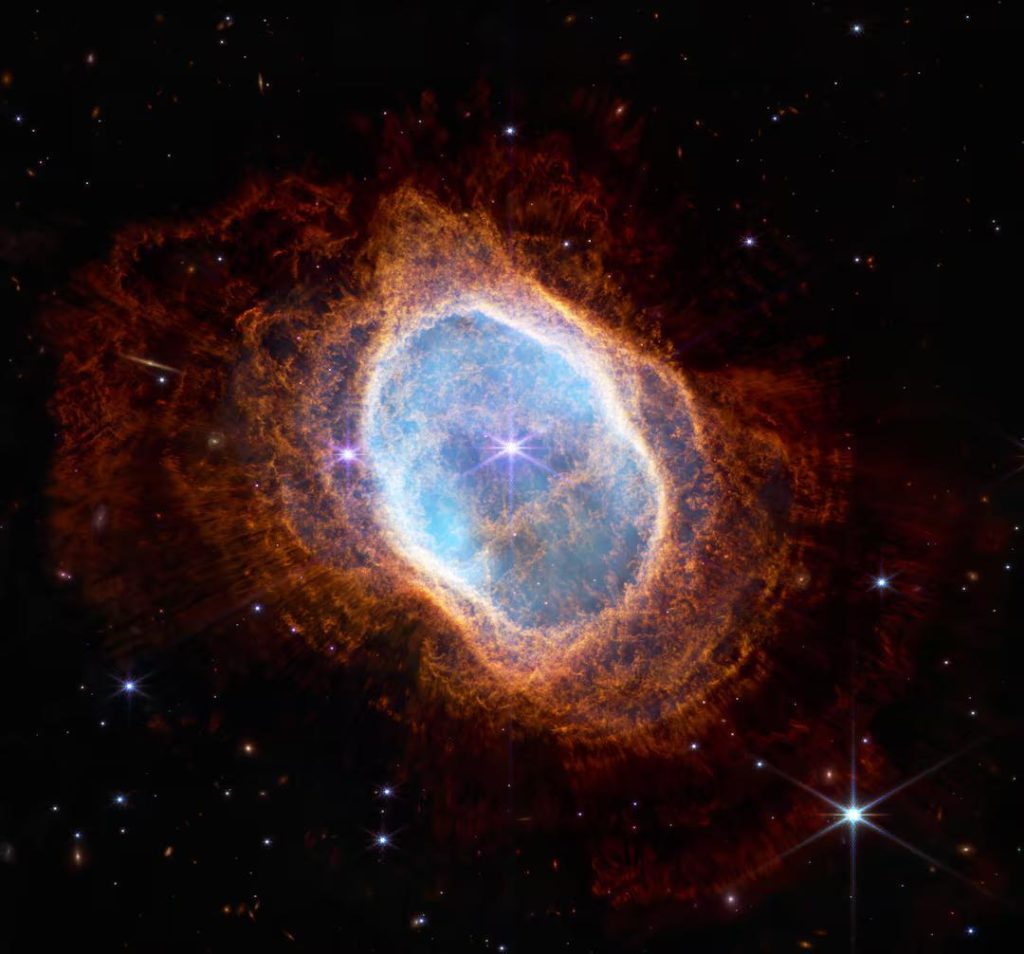
Gravity Supports the Possibility that Universe is a Giant Computer: Study
A recent study published in AIP Advances has sparked a new wave of excitement in the scientific community, as it suggests that gravity might be a computational optimisation process, a by-product of the universe’s attempt to organise information in space and time. This theory, introduced by physicist Melvin Vopson, has far-reaching implications that challenge our current understanding of the universe and its fundamental laws.
According to Vopson, his findings fit with the thought that the universe might work like a giant computer, or our reality is a simulated construct. This notion is not new, but it has gained significant attention in recent years with the rise of simulations and computer-generated realities. However, the idea that gravity could be a code or a computational process is a novel take on this concept.
The study, which was published in AIP Advances, a journal of the American Institute of Physics, proposes that gravity is not a fundamental force of nature, but rather an emergent property that arises from the universe’s attempt to process and store information. This information, according to Vopson, is the fundamental building block of the universe, and gravity is the result of the universe’s effort to encode and decode this information.
The idea may seem far-fetched, but it is based on a simple yet profound concept. Vopson suggests that the universe is a giant quantum computer, and gravity is the code that governs its operations. This code, he argues, is the result of the universe’s effort to optimise its information processing and storage capabilities.
To understand this concept, it is essential to grasp the basics of quantum mechanics and the principles of information theory. In the quantum world, particles can exist in multiple states simultaneously, and their properties can be entangled, meaning that the state of one particle is dependent on the state of another particle, even if they are separated by vast distances.
Vopson’s theory proposes that the universe is a vast, interconnected network of particles and fields that interact and entangle with each other. The information that is stored in this network is the fundamental building block of the universe, and gravity is the code that governs the way this information is processed and stored.
The study suggests that gravity is not a force that acts between particles, but rather a result of the universe’s attempt to optimise its information processing and storage capabilities. This optimisation process, according to Vopson, is what gives rise to the force of gravity that we experience in our daily lives.
The implications of this theory are far-reaching and have significant consequences for our understanding of the universe and its fundamental laws. If gravity is indeed a computational process, it challenges our current understanding of the fundamental forces of nature and the way they interact with each other.
The theory also raises questions about the nature of reality and our place within it. If the universe is a giant computer, what does that say about our role in the universe? Are we simply programs running on this computer, or are we more than that?
While the idea of the universe as a giant computer is still purely theoretical, it has sparked a new wave of interest in the scientific community and has opened up new avenues for research and exploration. The study has also sparked debate and discussion among scientists and philosophers, who are grappling with the implications of this theory and its potential consequences for our understanding of the universe.
In conclusion, the study published in AIP Advances suggests that gravity might be a computational optimisation process, a by-product of the universe’s attempt to organise information in space and time. This theory, introduced by physicist Melvin Vopson, has far-reaching implications that challenge our current understanding of the universe and its fundamental laws. While the idea may seem far-fetched, it has sparked a new wave of excitement and debate in the scientific community, and its potential consequences for our understanding of the universe are significant.






